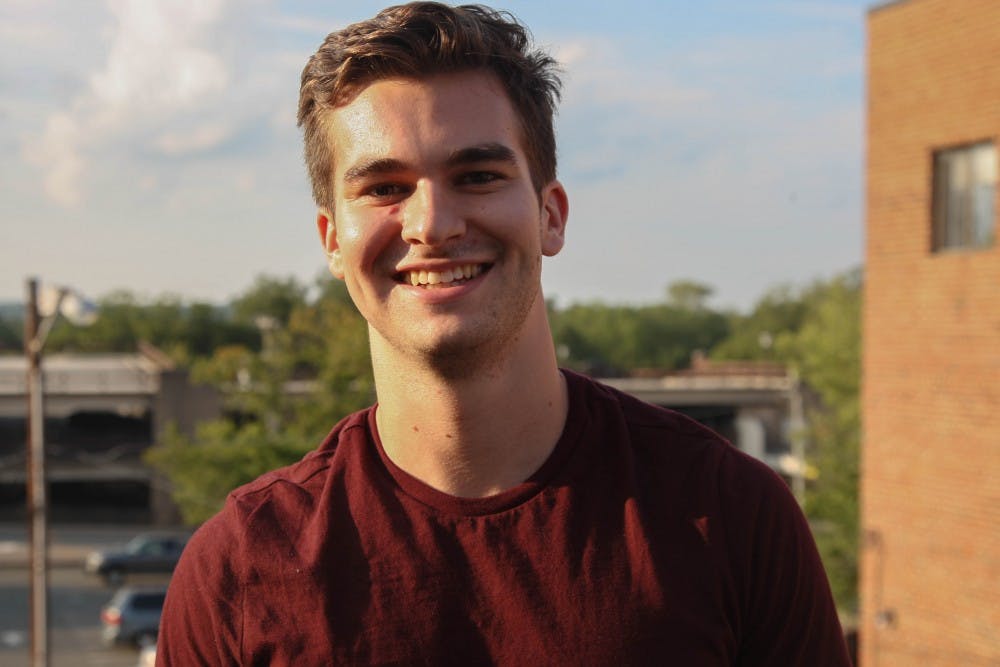Division within the Democratic Party was as visible as ever Tuesday night on the South Carolina debate stage. Discourse ranged from the feasibility of health care plans — all of which are fever dreams under Mitch McConnell's leadership — to allegations Michael Bloomberg told a pregnant employee to “kill it”. But it’s the question no one can objectively answer that will decide this primary: Who has the best chance at defeating Donald Trump and Republicans down-ballot?
Winning down-ballot in November will require a diverse coalition of Democratic voters, so it’s only fitting that the three Democratic front-runners are old, white men. There’s Joe Biden, who eerily reminds you of your grandfather that’s just a little too touchy with his nurse and thinks the year is 1972. There’s Michael Bloomberg, whose money might compensate for NDA’s but not his lack of charisma. His $450 million self-funded ad spending doesn’t just haunt me on YouTube. Its broad scope likely finds enough uninformed voters who haven’t seen Bloomberg decimated in the debates, his Republican history or his racist stop-and-frisk policy.
Then there’s Bernie Sanders, arguably the most progressive and passionate candidate. He’s not without his flaws, and his red-faced anger at billionaires leaves me as concerned about wealth inequality as I am about his heart. I’m not exactly confident he can survive a job that aged Barack Obama from a young Chadwick Boseman to Morgan Freeman. However, at least I don’t worry that his cognitive health is slipping away with age in the same way that I worry about Trump’s and, to a lesser extent, Biden’s.
According to FiveThirtyEight, Sanders, Biden and Bloomberg have the greatest odds at winning a delegate majority — 31 percent, 17 percent and 1 percent respectively as of Thursday. But there are 51 percent odds no candidate wins a majority; a nightmare for Democratic unity. A contested convention this summer will leave a presidential candidate undemocratically nominated by 770 unpledged Democratic National Committee superdelegates, rendering the entire primary season practically meaningless.
If Bernie wins the plurality, superdelegates would make a fatal mistake in nominating a centrist, moderate candidate like Biden, believing they’re better suited to win the unaffiliated electorate and defeat Republicans. And “Bernie Bros" are just as uncompromising as their idol, so I doubt they’ll support a Democratic nominee if the DNC takes the nomination away from Sanders.
In future primary elections, North Carolina and other states should follow Maine’s system of ranked-choice voting that allows voters to rank each candidate in order of preference. If no candidate wins a majority, the candidate with the least first-place votes is eliminated and the candidate’s supporter’s second-choice votes are distributed to the rest, until a majority is reached.
This system isn't just useful in presidential primaries, especially since North Carolina has a whopping 15 primary candidates for lieutenant governor. A ranked-choice election would nullify the possibility of a runoff election if no candidate secures 30 percent of votes, speeding up the electoral process and encouraging maximum participation by not relying on lower-turnout runoff elections.
Reforms aside, the success of down-ballot candidates in this election will be largely decided by the electorate’s enthusiasm toward the presidential nominee. Independents in this country are not necessarily centrists, they’re unaffiliated in part because they believe no party represents them. Trump and Bernie share little in common, but they both have an unapologetic populist rhetoric that impassions voters who weren’t previously politically involved. This nomination has been about who can defeat Trump, but we can’t nominate a bland candidate for the sake of perceived electability — they just might be the least electable of all.




